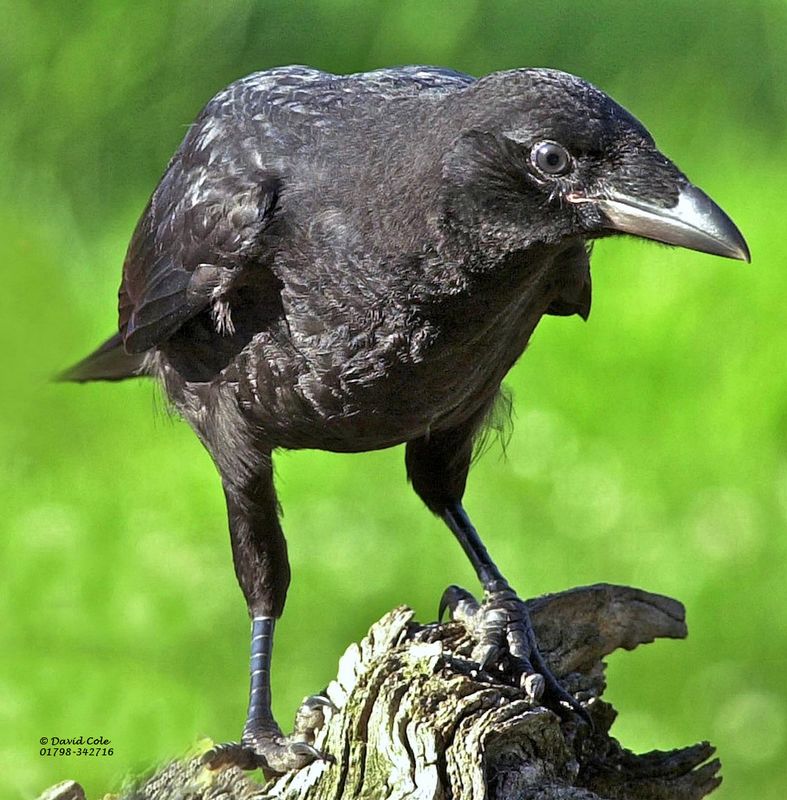CARRION
Carrion aims to be suggestive and provocative, but it's mostly just vague and bewildering. Carrion definition: 1. Dead or decaying flesh 2. Dead or decaying flesh.
English[edit]
Etymology[edit]
Old Frenchcaroigne (see modern Frenchcharogne), from Latincaro(“flesh”).
Pronunciation[edit]
- IPA(key): /ˈkæ.ɹi.ən/
Audio (US)
Noun[edit]
carrion (usually uncountable, pluralcarrions)
- (chiefly uncountable)Deadflesh; carcasses.
- 1598, Edmund Spenser, A Vewe of the Present State of Irelande
- They did eat the dead carrions.
- 1859, Charles Dickens, The Haunted House:
- He brought down with him to our haunted house a little cask of salt beef; for, he is always convinced that all salt beef not of his own pickling, is mere carrion[…]
- 1922, Virginia Woolf, Jacob's Room, Vintage Classics, paperback edition, page 119
- Perhaps the Purple Emperor is feasting, as Morris says, upon a mass of putrid carrion at the base of an oak tree.
- 1598, Edmund Spenser, A Vewe of the Present State of Irelande
- (countable,obsolete,derogatory) A contemptible or worthless person.
- 1599, William Shakespeare, “The Tragedie of Ivlivs Cæsar”, in Mr. William Shakespeares Comedies, Histories, & Tragedies: Published According to the True Originall Copies (First Folio), London: […]Isaac Iaggard, and Ed[ward] Blount, published 1623, , [Act II, scene i]:
Derived terms[edit]
Translations[edit]
|
|
|
Retrieved from 'https://en.wiktionary.org/w/index.php?title=carrion&oldid=60923336'
Also found in: Thesaurus, Medical, Encyclopedia, Wikipedia.
Related to carrion: carrion flower
car·ri·on
(kăr′ē-ən)n.
adj.2. Feeding on such flesh.
[Middle English careine, from Anglo-Norman, from Vulgar Latin *carōnia, from Latin carō, flesh; see sker- in Indo-European roots.]
American Heritage® Dictionary of the English Language, Fifth Edition. Copyright © 2016 by Houghton Mifflin Harcourt Publishing Company. Published by Houghton Mifflin Harcourt Publishing Company. All rights reserved.
carrion
(ˈkærɪən) n
2. (Zoology) (modifier) eating carrion: carrion beetles.
[C13: from Anglo-French caroine, ultimately from Latin carō flesh]
Collins English Dictionary – Complete and Unabridged, 12th Edition 2014 © HarperCollins Publishers 1991, 1994, 1998, 2000, 2003, 2006, 2007, 2009, 2011, 2014
car•ri•on
(ˈkær i ən)n. adj.
2. feeding on carrion.
[1175–1225; Middle English careyn, carion < Anglo-French careine, Old French charo(i)gne < Vulgar Latin *caronia= Latin carun- (see caruncle) + -ia-y3]
Random House Kernerman Webster's College Dictionary, © 2010 K Dictionaries Ltd. Copyright 2005, 1997, 1991 by Random House, Inc. All rights reserved.
| Noun | 1. | carrion - the dead and rotting body of an animal; unfit for human food dead body, body - a natural object consisting of a dead animal or person; 'they found the body in the lake' |
Based on WordNet 3.0, Farlex clipart collection. © 2003-2012 Princeton University, Farlex Inc.
mršinazdechlina
maita
carrion
[ˈkærɪən]Carrion Crawler
B.CPDcarrion crowN → cornejafnegra
Collins Spanish Dictionary - Complete and Unabridged 8th Edition 2005 © William Collins Sons & Co. Ltd. 1971, 1988 © HarperCollins Publishers 1992, 1993, 1996, 1997, 2000, 2003, 2005
Collins English/French Electronic Resource. © HarperCollins Publishers 2005
carrion
Collins German Dictionary – Complete and Unabridged 7th Edition 2005. © William Collins Sons & Co. Ltd. 1980 © HarperCollins Publishers 1991, 1997, 1999, 2004, 2005, 2007
Collins Italian Dictionary 1st Edition © HarperCollins Publishers 1995
carrion
(ˈkӕriən) noun dead animal flesh, eaten by other animals. Vultures feed on carrion. aas جِيفَـه мърша carniça zdechlina, mršina das Aas ådsel ψοφίμιcarroña raibe لاشه؛ مردار haaska charogne נְבֵלָה सड़ा हुआ मास strvina, otpaci dög bangkai hræ carogna 腐肉 (짐승의) 썩은 고기 dvėsena, maita maita bangkai aasåtselpadlina وروست، خوسا، دمړه جسم خو سا كېدنه carniça (carne de) stârv падаль zdochlina mrhovina strvina kadaver, as เนื้อที่เน่าเปื่อย leş (動物屍體的)腐肉 падло; мертвечина مردار جانور کا گوشت xác chết đã thối (动物尸体的)腐肉
Carrion Game Map
Kernerman English Multilingual Dictionary © 2006-2013 K Dictionaries Ltd.
Want to thank TFD for its existence? Tell a friend about us, add a link to this page, or visit the webmaster's page for free fun content.
Link to this page:
Carrion
